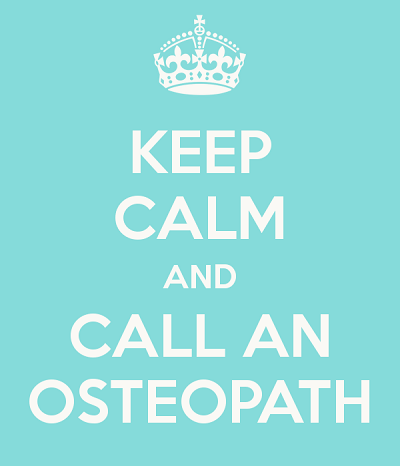What to expect ?
A consultation lasts roughly 45 minutes and is made up of :
 case history taking (questions as to why a patient is here, now)
case history taking (questions as to why a patient is here, now)
 a clinical exam, both medical and osteopathic
a clinical exam, both medical and osteopathic
 a treatment
a treatment
 if necessary, advice on nutrition, physical exercise and psycho/social influence.
if necessary, advice on nutrition, physical exercise and psycho/social influence.


